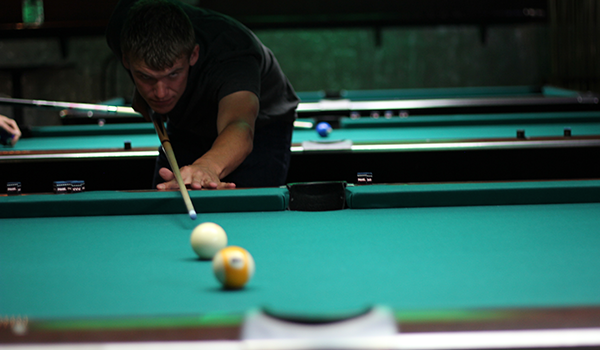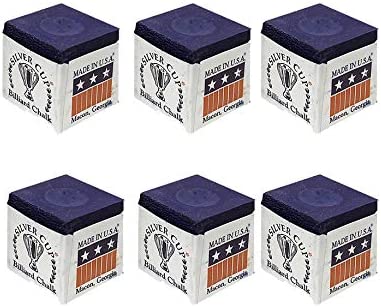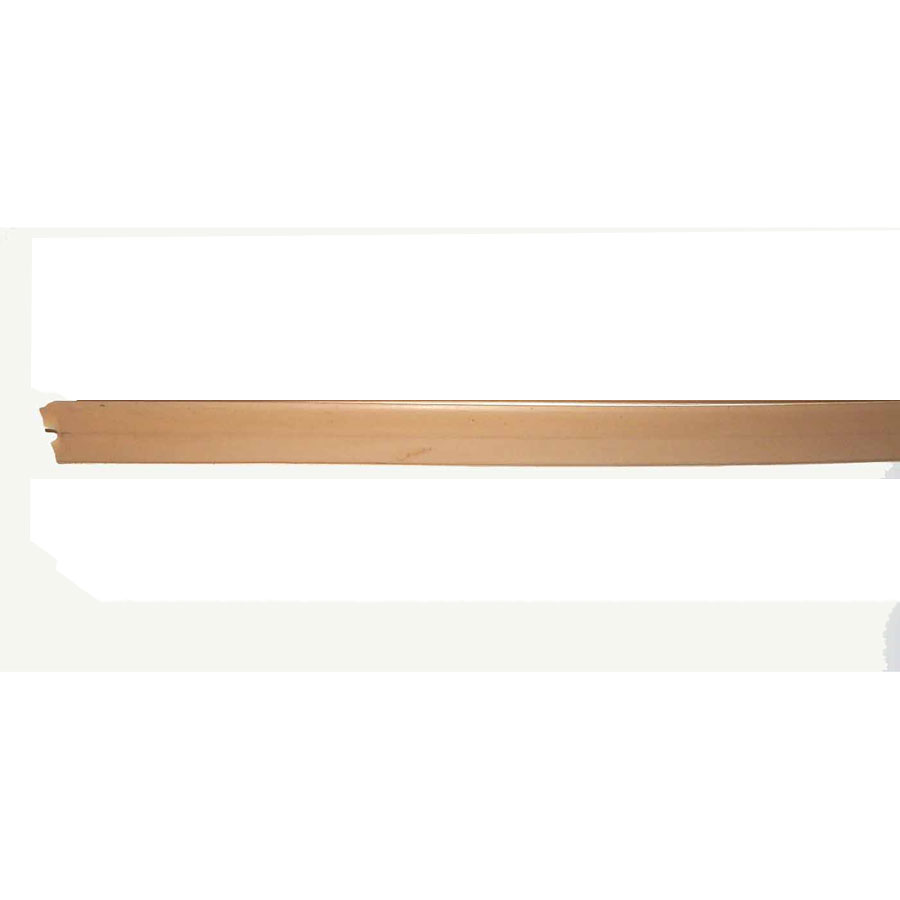
You can make pool balls from many different materials. There are three main materials used to make pool balls: wood, plastic, and phenolic. Each material has its strengths and weaknesses. Despite all the options, phenolic resin pool ball are the most durable and longest-lasting.
They are resistant to scratches and have a long life span. They are usually more expensive, but the increase in price is worth it. These pool balls are also known for their unique feature of high density.
Phenolic Resin can be used in many industries. It is a very strong and durable substance. It is created by mixing formaldehyde with phenol. This mixture is then molded under extreme pressure to form the ball. It is resistant to extreme temperatures and has high bonding power. In addition, the molecular structure of phenolic resin makes it more resistant to chipping. Because of this, pool balls made from phenolic resin are up to five- to six times more durable than polyester balls.

Plastic compounds are also considered to be very durable and non-flammable. They do have some drawbacks. They are less shiny than phenolic-resin balls and can also lose their shine quickly. They can also cause burn marks to the table if they are used.
In the 19th century, plastics were still in their infancy. Leo Baekeland in America discovered a new chemical, which can be molded to create plastic-like substances. Bakelite was the name of the new chemical and it was used to make billiard balls. As the popularity of billiards grew, this new material became the standard.
During the early 20th century, the material became more popular in the United States, where wealthy people were able to buy them. It was still costly, but the material had more durability than wood. By the 1920s, the material was replacing wood in the production of billiard balls.
The majority of professional pool balls today are made from plastic or phenolic compounds. This material is stronger than ivory and wood. Although it is more costly, this material is well worth the investment for people who play frequently.

Consider purchasing professional-grade pool balls if you want to get started with billiards. You can get a pool table accessory set that includes extra pool balls, equipment, and other items to protect your game.
Alternatively, you can purchase synthetic materials such as polyurethane or acrylic. These materials can be cheaper, but they do have their disadvantages. They are not as shiny as phenolic balls, but they can lose their shine just as quickly. Besides, they aren't as scratch-resistant as phenolic resin.
You can also look into a set phenolic resin ball if you don’t have the funds to buy them. Polyester balls are less expensive, but they're not as long-lasting. Some of them might even break. Look for reputable brands when buying polyester balls.